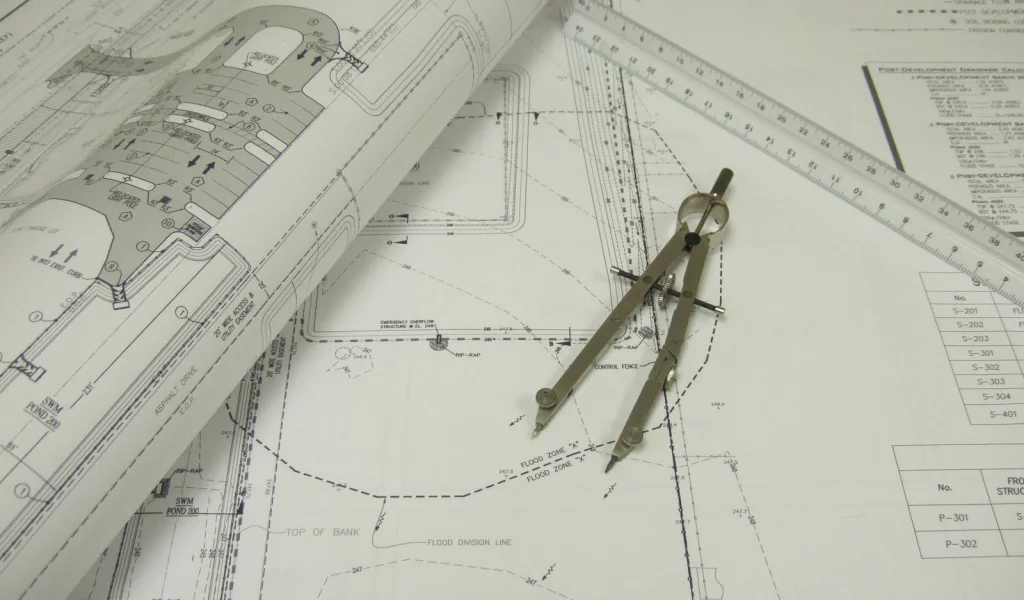Successful projects, particularly big-budget ones, were not developed overnight. These projects have undergone several stages. Missing any one stage may cause disastrous effects on the projects leading to project delivery failure.
- Conceptual Design
- To develop your project ideas into a more tangible perspective.
- At this stage, several options are explored and will undergo options selection process depending on the criteria set out by the client.
- Preliminary estimates will be produced to provide the client insight into the probable project cost.
- Front End Engineering and Design (FEED)
- To explore possibilities to enable better control of the outcome of ideas, getting the final result without delay but more importantly without overshooting your budget. All ideas need to be developed at this stage of the project.
- Variations from the concept selected can still be accommodated to ensure that client expectations will be delivered.
- Detail Design
- The final stage of the design aspect of your project. Only minor, unforeseen and uncontrollable by the project team need to be implemented at this stage. Injecting radical changes at this stage could mean redevelopment of the project concepts leading to project delays and budget overshoot.
- Actual site conditions need to be verified and incorporated into the design. Failure to do so will mean numerous deviations from detailed design during construction. This will be very costly, particularly to the contractor.
The project scope should be clear-cut between the consultant and the client before starting the project. This will ensure that the consultant will deliver the project as the client has expected. Any deviation in scope needs to be agreed upon by both parties as this will affect timing and budget.
